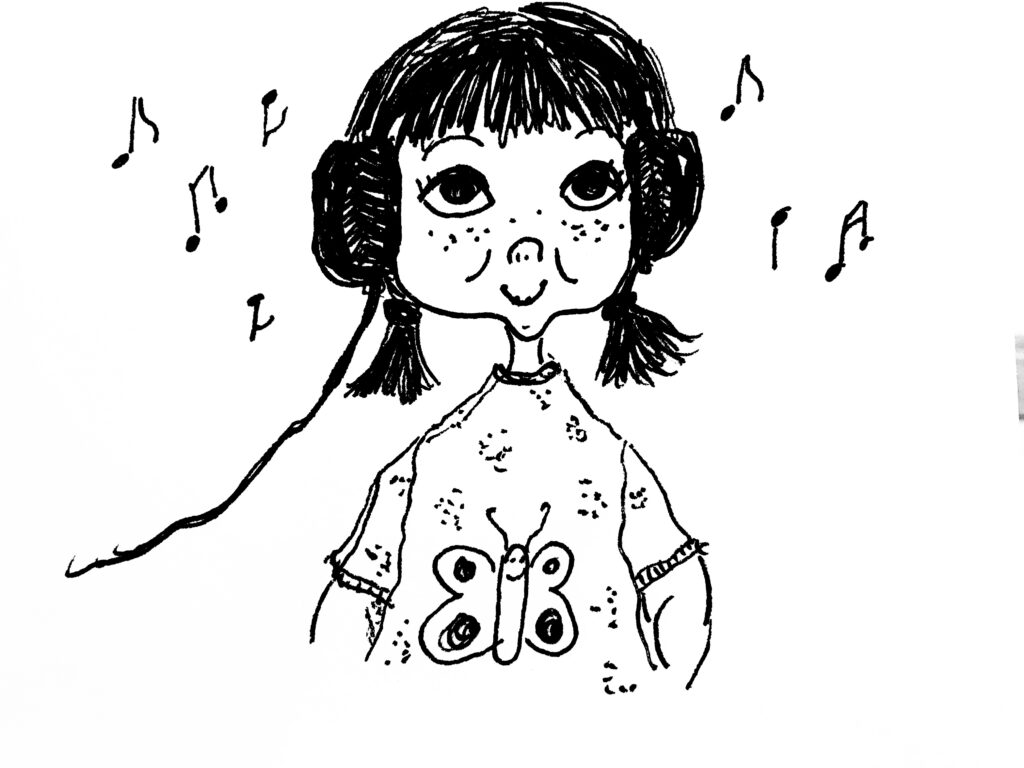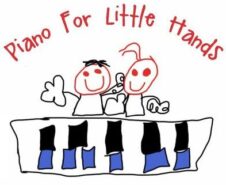Space To Be Creative
Imagine a world, where everything you said and did was observed, analysed and evaluated. Where an outside person would not only organize all your time and activities, but also let you know exactly how you did every few minutes. You would probably, at best, feel extremely self conscious and somewhat invaded; at worst tell that person exactly where they could put their advice!

Yet, this is often a world that modern children find themselves in. In this day and age, children are not allowed to play unobserved, and most children in New York City are in a constant stream of activities organized and timed by adults.
This may have obvious practical- and safety-related reasons, but it is a mode that does not work very well for creativity, where you want each little artist to be able to playfully try new things, fail, try again, and develop their own sense of self-worth and work ethics, rather than look to someone else for answers. So how can we, in the modern, challenging city we happen to live in, give children the privacy they need to be creative?
Thankfully, there is a simple solution: Let them unplug, or rather; let them plug in! If your child is in the process of building a music practice, invest in a simple set of headphones and resist the temptation to listen in.
When my students wear headphones for their lessons and in their piano-practice, they are in their own little piano-world. No one else can hear or evaluate their work, say ‘good job’ or criticize. They are free to try new things and make errors. They themselves choose when to unplug and share their work with others. It’s important to have this level of privacy when you’re being creative. Like an artist who goes to their workshop to paint, little musicians need to have their own creative space as well.
This translates easily to other creative endeavours as well: If they have an art-corner, where they paint and draw; leave them to it. Give them a wall next to the art-corner where they themselves can choose what pictures to hang. If they play a non-electric instrument, let them practice in another room; help them find the time they need to practice, let them know you will be next door to help if they need it, but otherwise stay out. Trust them to do the work they need to.
Still not sure where your child’s creative talents lie, or not sure what is age-appropriate? For a free 15 min creativity-consult, email info@pianoforlittlehands.com
